Pitch practice remains a vital use case for sales coaching, but modern video coaching platforms open up many new high-impact applications throughout the employee lifecycle.
With asynchronous video recording and AI-enabled feedback, sales leaders can reimagine coaching to accelerate onboarding, improve readiness, build consultative skills, enhance message retention, and quantify performance growth.
If you want to break your sellers out of their usual patterns and records, you need to think outside of the box when it comes to sales coaching.
Related: How AI-powered sales coaching improves your pitch.
10 Powerful sales coaching use cases
Here are 10 creative ways to maximize the value of sales coaching beyond traditional pitch practice, all of which are put into practice by Lisa Thomas Global Director, Sales Training & Enablement at Veriforce and have proven successful — she had the most number of people make president's club after she implemented her sales coaching and enablement programs.
Feel free to experiment with one (or all) of these:
- Record an "Introduce Yourself" video on day one of onboarding, then re-submit the same challenge weekly for the first month. Comparing submissions side-by-side will clearly demonstrate hard skill improvement in areas like confidence, concision, and eye contact.
- Practice 30-second elevator pitches to master succinct, compelling messaging while maintaining strong eye contact. AI scoring provides unbiased feedback on non-verbal presentation skills like gestures, posture, and vocal variation.
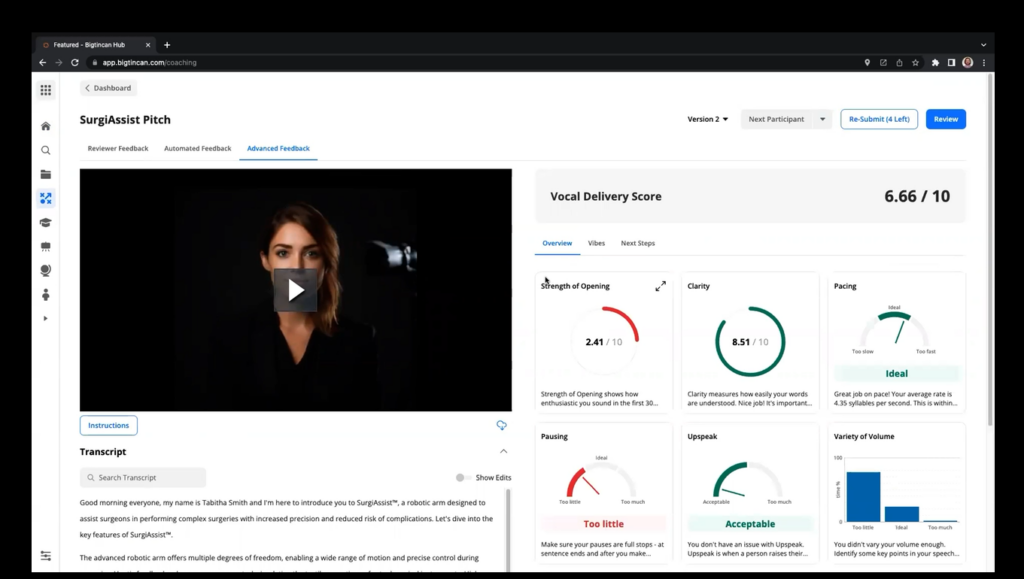
- Upload examples of work – emails, templates, reports, pre-call plans, pricing quotes, etc. – to get feedback on proper structure, formatting, tone, and completeness. Accelerate productivity by building excellence in daily tasks.
- Record short videos demonstrating steps within CRM, sales reporting, and other systems to confirm software proficiency. Mistakes can be identified and re-recorded until mastery is achieved.
- Administer oral product, process, or industry knowledge quizzes to go beyond surface talking points and test true depth of understanding. Quantify knowledge retention over time.
- Record forecast calls, discovery calls, and quarterly business reviews to polish delivery, slide design, data analysis, and handling of tough Q&A. Build skills in real-world scenarios.
- Establish baseline selling skills through standardized video assessments for needs analysis, objection handling, and relationship building. Identify precise gaps to inform targeted, individualized training plans.
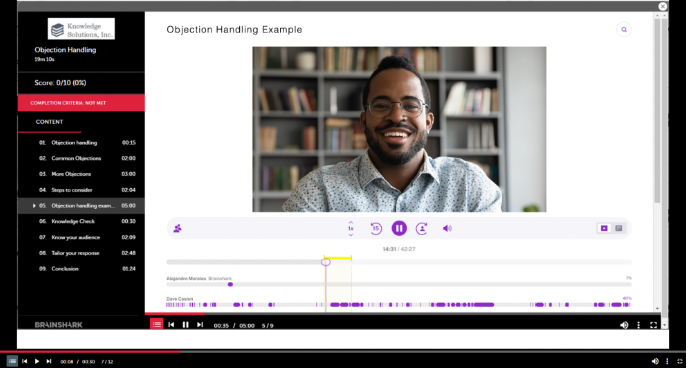
- Incentivize top performers and enable self-development by allowing test-outs to skip mandatory coaching and earn back time for higher value activities.
- Leverage AI to remove subjectivity and ensure consistent, unbiased feedback on nuanced skills like executive presence, storytelling technique, active listening, and conversational depth.
- Test scoring consistency across managers by submitting the same video to multiple reviewers. Resolve rater differences through calibration sessions.
Coaching with asynchronous microlearning & microvideo
Coaching expands from pitch advice to real-world skills application, measurable improvement tracking, and deep knowledge retention.
The applications are endless, but the key is using microlearning through short video bursts (also called microvideo) to drive adoption while unlocking the power of your internal subject matter experts’ experience.
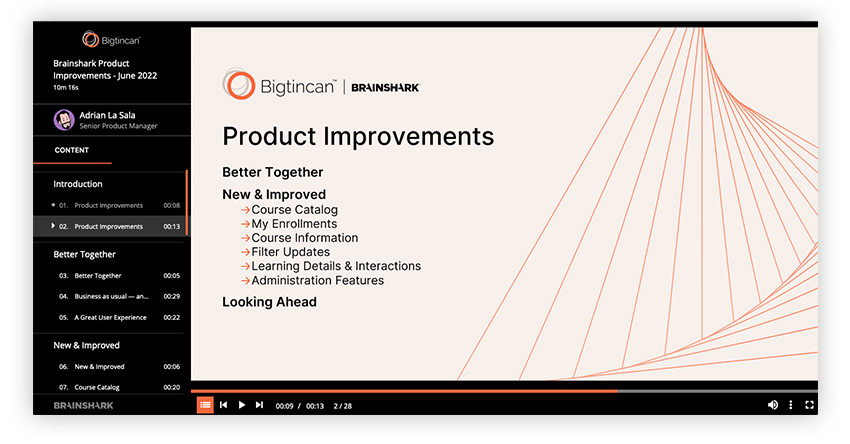
Platforms like Brainshark (part of the Bigtincan platform) have emerged to make asynchronous video coaching simple, consistent, and scalable. Key capabilities include:
- Video recording directly within the platform or upload from any device
- HD video storage and embedded feedback tools
- AI scoring on critical skills like eye contact, pacing, vocal variation (and even your vibes)
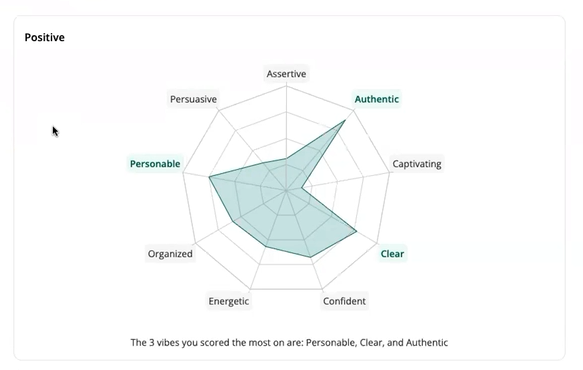
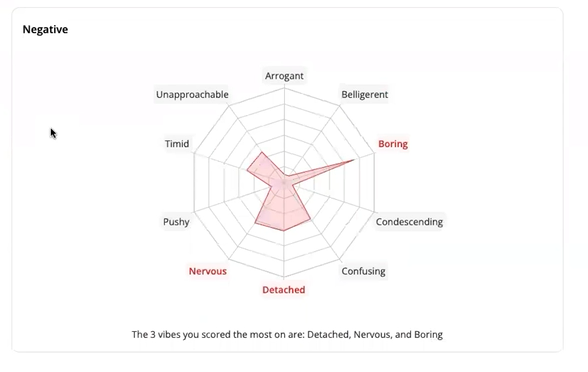
- Custom scoring rubrics to align with company standards
- Coaching queues to organize and track assignments
- CALM analytics to correlate coaching with performance
- Assessments, quizzes, and test-outs to quantify progress
With these features, organizations can reinvent coaching as a strategic program that develops employees throughout the lifecycle while driving real business results.
What sales coaching use cases have you found most impactful for achieving coaching success? How are you tracking progress and demonstrating ROI?
We’d love to hear about the strategies you're using, the results you're seeing, and how you're measuring and working to improve them. Get in touch with us.